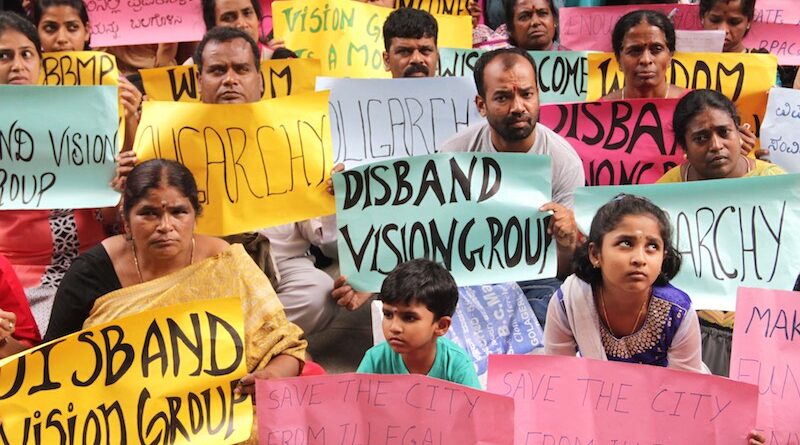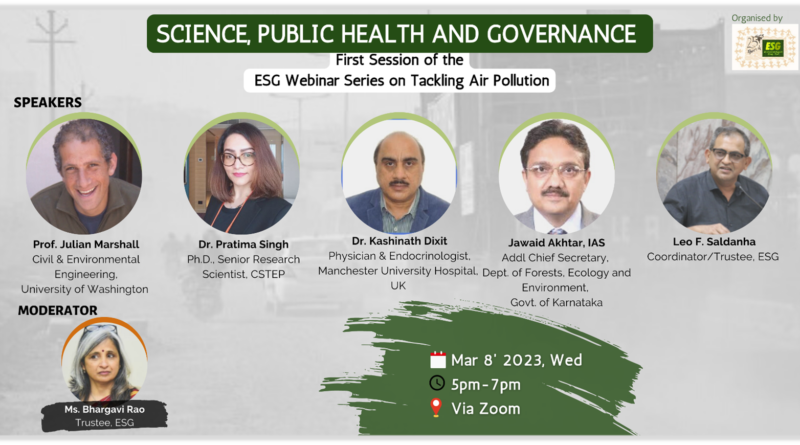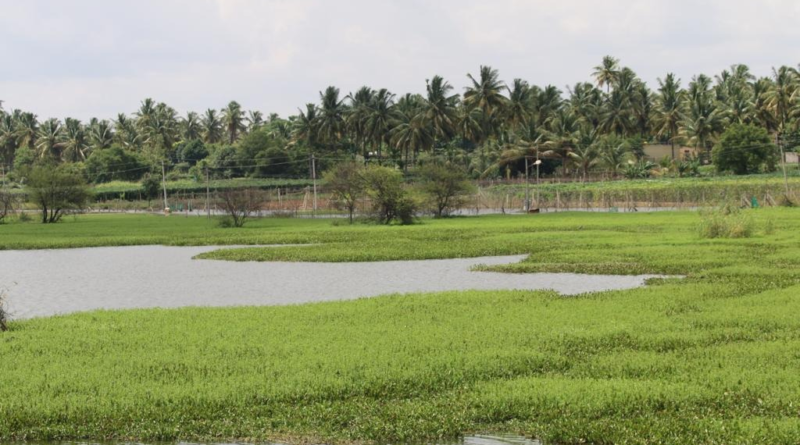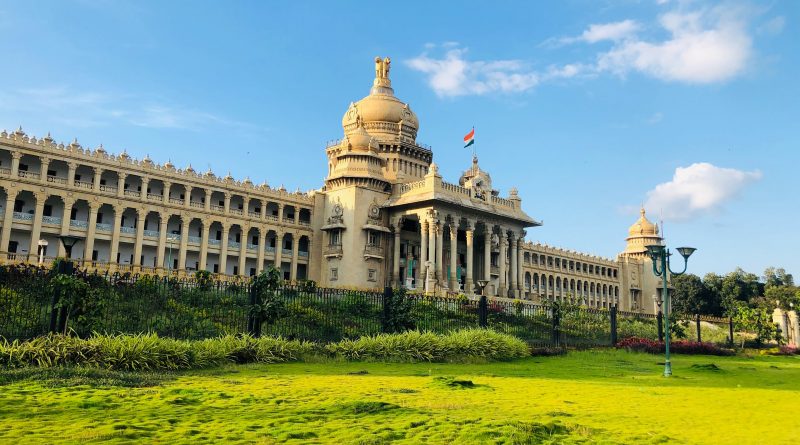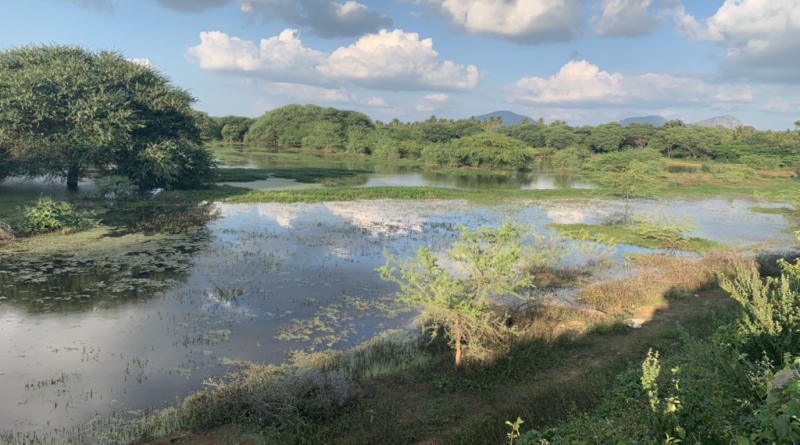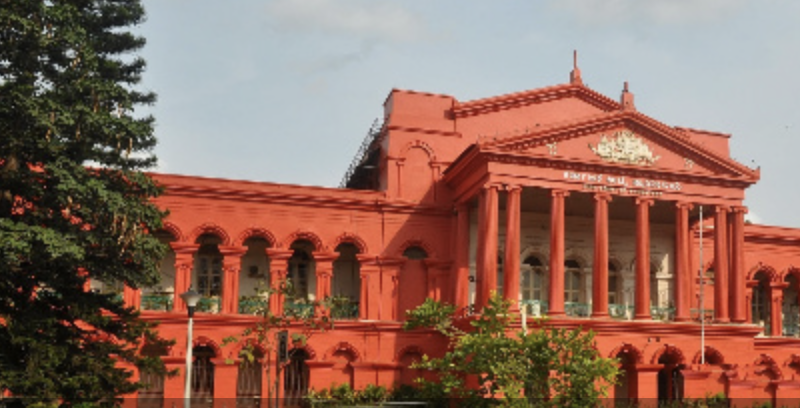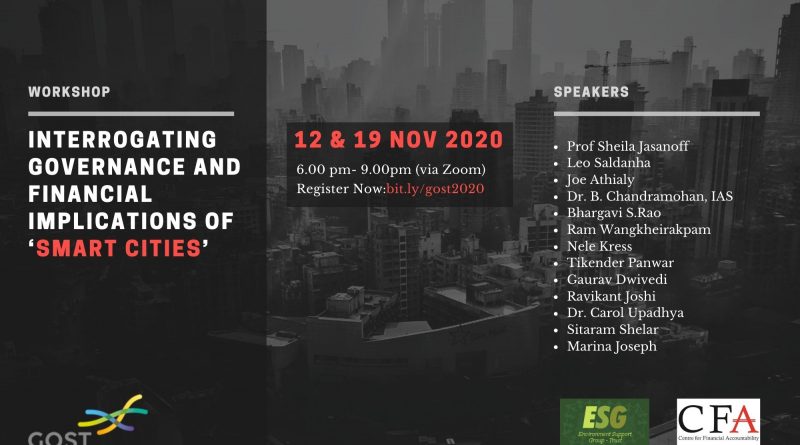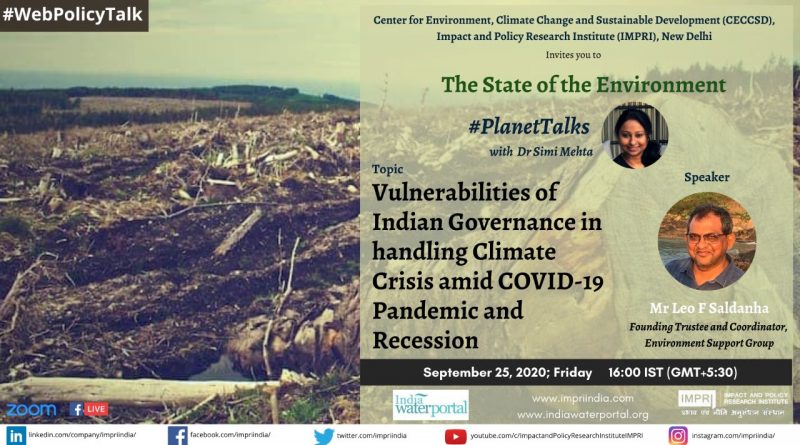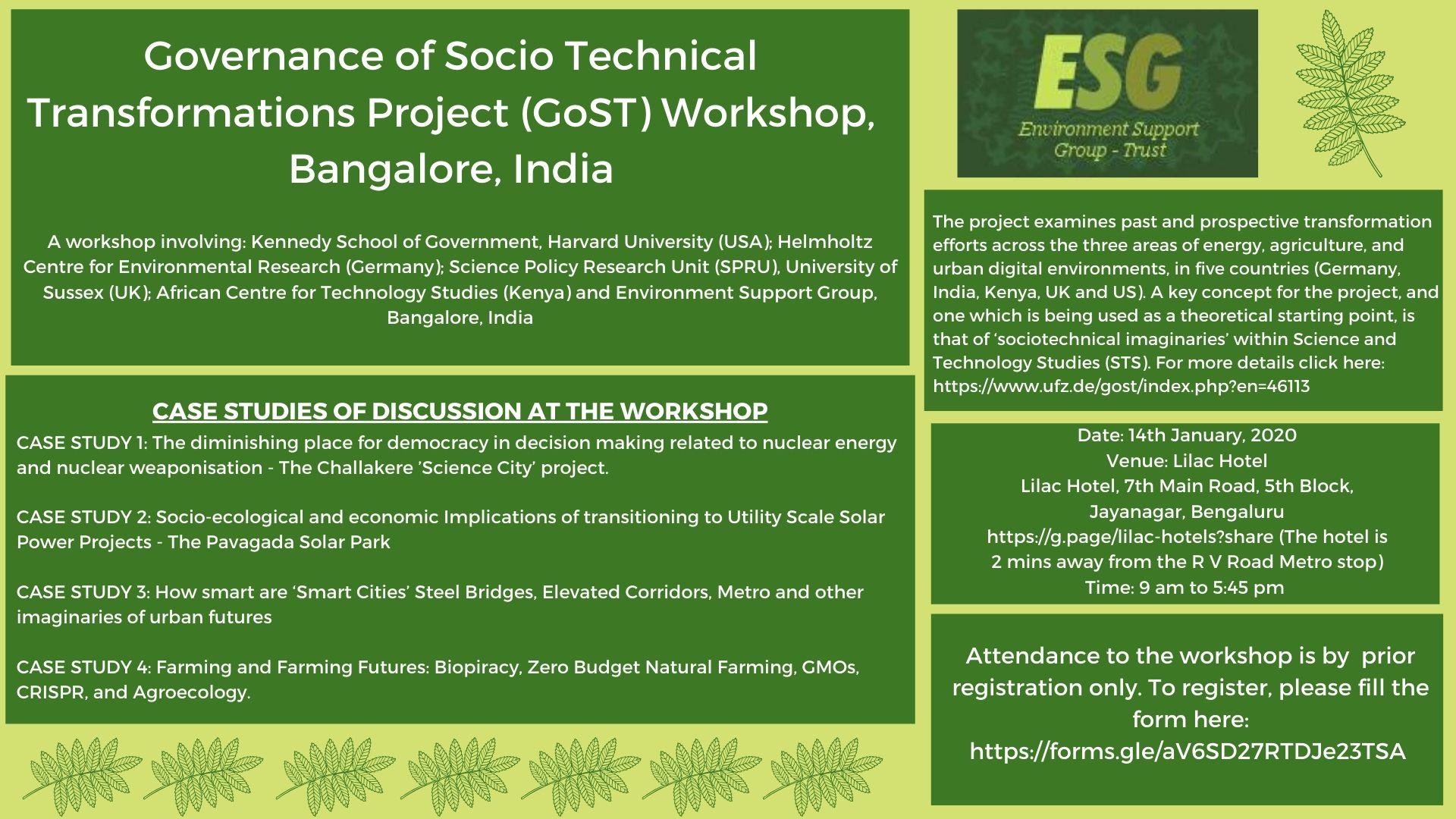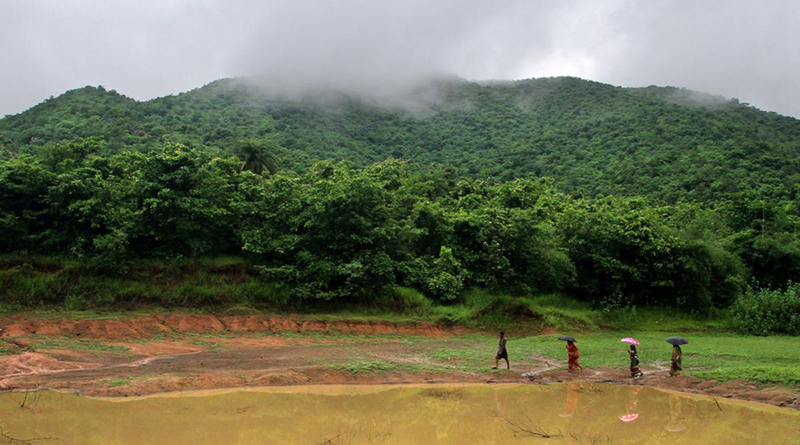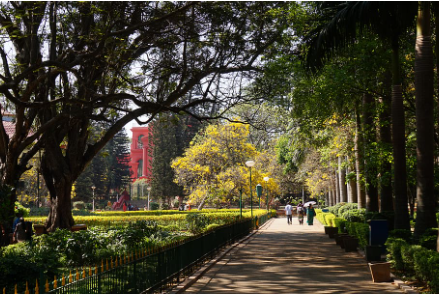Appeal to the Government of Karnataka to institute processes that will ensure democratic governance & administration of the metropolitan area of Bengaluru
In the past, Karnataka has disastrously placed trust in task forces & vision groups consisting of elite personalities to imagine what is right for Bengaluru. These groups were undemocratic and contrary to the constitutional mandate. The present Congress Government has once again pushed for the formation of another such forum to seek views of the elite in shaping the future of the metropolis.
Please sign this petition to support our appeal to the Deputy Chief Minister of Karnataka demanding that the city be governed through a deeply democratic and inclusive process and that the Metropolitan Planning Committee be constituted immediately.
Read More

